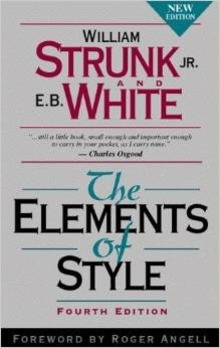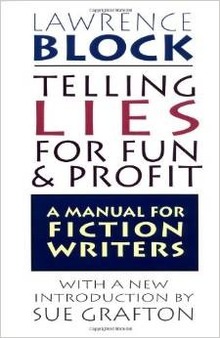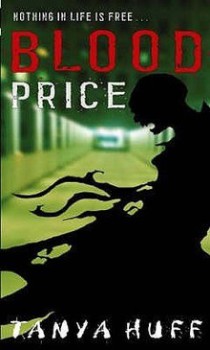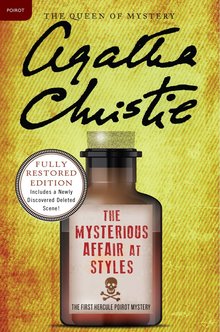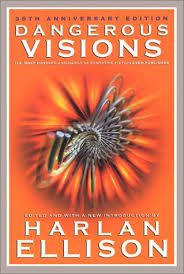Smart Guy, Huh?
 It used to be okay to be the smartest person in the room – at least on paper, real life isn’t my area of expertise. Sherlock Holmes was definitely a loner, and eccentric, no question. But when he left Baker Street, he was appropriately dressed, even, or perhaps especially, when in disguise. He knew, understood and used all the social conventions, and could converse easily with everyone and anyone, from any walk of life. He may not have been interested in women romantically, but he had no trouble interacting with them.
It used to be okay to be the smartest person in the room – at least on paper, real life isn’t my area of expertise. Sherlock Holmes was definitely a loner, and eccentric, no question. But when he left Baker Street, he was appropriately dressed, even, or perhaps especially, when in disguise. He knew, understood and used all the social conventions, and could converse easily with everyone and anyone, from any walk of life. He may not have been interested in women romantically, but he had no trouble interacting with them.
This facility used to be part of being the smartest person in the room. Now, we see more examples of this extremity of genius than ever before, including two versions of Holmes. It might have been CSI that started this off – what was Grissom but the smartest guy in the room? – and since then we’ve had House MD bringing in the medical side, and The Mentalist for the con artist in all of us, and this season alone we’ve got Forever, and Scorpion, plus, I believe, a couple more coming along soon.
And let’s not forget, that for as long as most of us have been alive, we’ve had Dr. Who.
